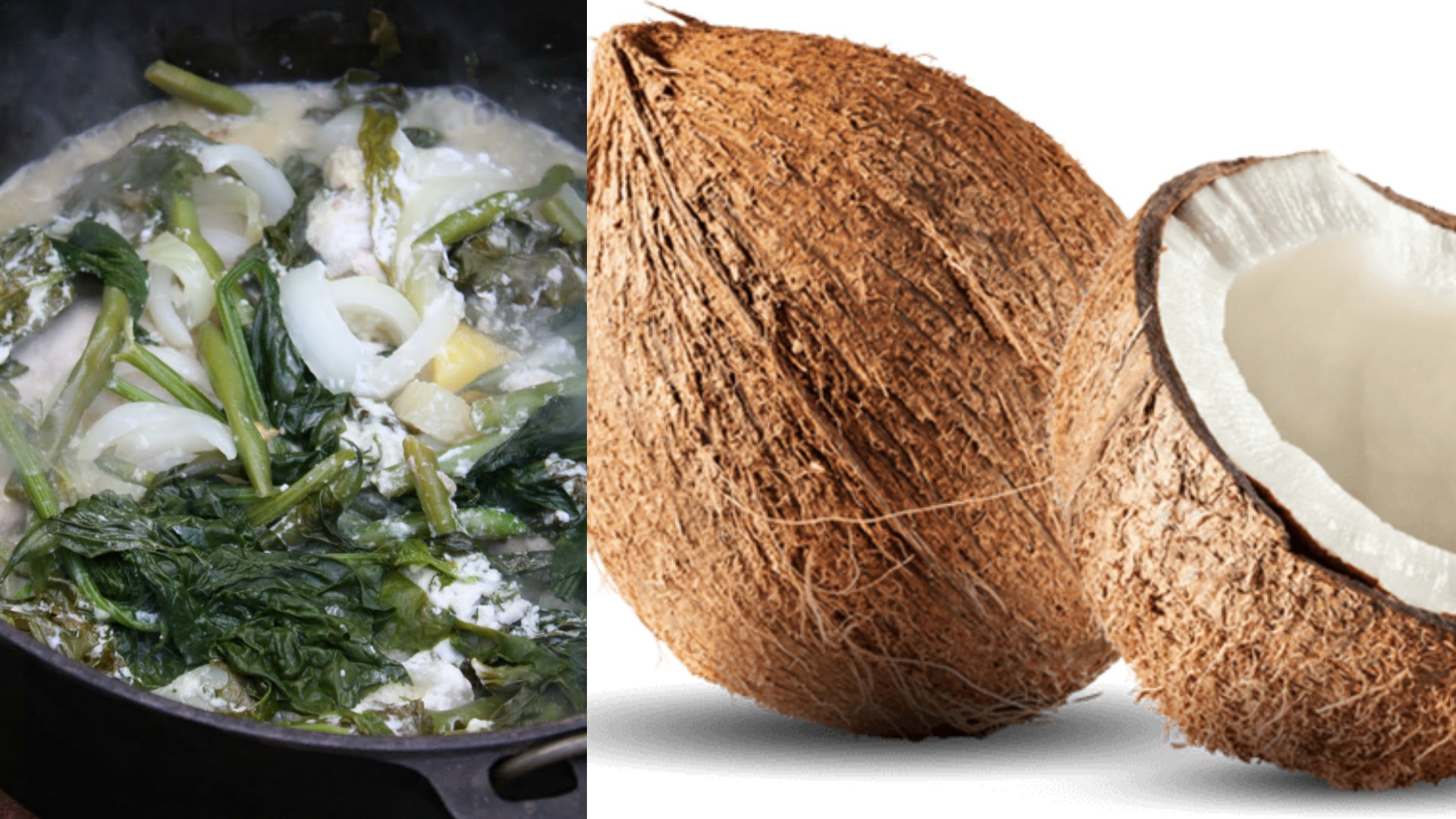The American Heart Association (AHA) recently released a report advising against the use of coconut oil which ultimately supports that high blood cholesterol is related to coronary artery disease (commonly known as heart disease).
EMTV Online thinks it is important to understand the basic message behind this report given the fact that Papua New Guineans use coconut in their daily meals.
Whilst the report released was based on a review conducted on existing data on saturated fat by Dietary Fats and Cardiovascular Disease advisory, available data show coconut oil increased Low Density Lipoprotein LDL ( widely viewed as problematic, or “bad”) cholesterol in seven out of seven controlled trials.
Generally, this means people who consume coconut oil are prone to having a high blood cholesterol condition because a high LDL cholesterol level leads to a build-up of cholesterol in the arteries. (Arteries are blood vessels that carry blood from the heart to the body.)
Coconut oil which is one of the very few vegetable products that have high proportions of saturated fat is consumed daily by Papua New Guineans amongst other animal products.
According to AHA, what you eat can affect your LDL cholesterol. Knowing which fats raise LDL cholesterol and which ones that do not is the first step in lowering your risk of heart disease and stroke. Eating foods containing saturated fat and trans-fat causes your body to produce even more, raising your blood cholesterol level in the process.
LDLs are considered bad cholesterols because they can transport their content of lipid (fat) molecules into artery walls, attract macrophages, and thus drive atherosclerosis – a build-up of cholesterol plaque in the walls of arteries, causing obstruction of blood flow. (Plaques may rupture, causing acute occlusion of the artery by clot.)
The report states that researchers did not see a difference between coconut oil and other oils high in saturated fat, like butter, beef fat and palm oil. In fact, 82% of the fat in coconut oil is saturated, according to the data — far beyond butter (63%), beef fat (50%) and pork lard (39%).
Cholesterol which is essential for making hormones, vitamin D, and substances that help the body digest foods is made by the body itself, but it is also found in some of the foods eaten.
Other foods high in saturated fats and consumed by Papua New Guineans include foods from animals like beef, beef fat, lamb, pork, poultry fats, butter, cream, milk, cheeses, and other dairy products made from whole milk.
These foods raise blood cholesterol more and eating them without care can mean health risk to people.
Regular blood cholesterol level checks is rarely seen conducted in PNG by health authorities, thus most Papua New Guineans can be in danger of heart diseases.



1 comment
PNG is a Coconut Producing Country with many families whose livelihood dependends on it , you might wish to review your facts & correct this article > https://www.facebook.com/groups/coconutIndustry/permalink/241379796366266/